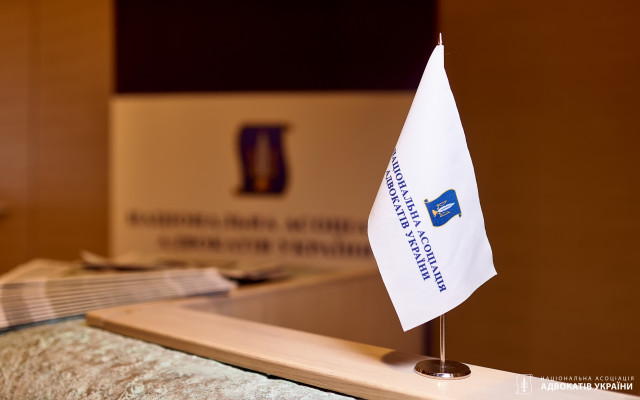 The State Judicial Administration has sent an explanation about the beginning of procedural terms when receiving procedural documents through the Electronic Court. The document is directed to courts of first and appellate instances, ministries and executive bodies, regional state administrations, as well as to NAAU for distribution among the legal community.
The State Judicial Administration has sent an explanation about the beginning of procedural terms when receiving procedural documents through the Electronic Court. The document is directed to courts of first and appellate instances, ministries and executive bodies, regional state administrations, as well as to NAAU for distribution among the legal community.
The letter states that the course of procedural terms, the beginning of which is connected with the moment of delivery of the procedural document to the participant in the legal process in electronic form, begins the next day after the documents are delivered to the Electronic cabinet in the "My cases" section. The time and date of delivery of documents to the Electronic Cabinet can be viewed in the "document movement card" when opening this document in the Electronic Court in the "My Cases" section.
Information about the receipt of information and documents about the results of cases can be additionally sent to the user in the form of an e-mail message. E-mail data is entered by the user in the profile of his Electronic Cabinet. However, the DSA emphasizes that the provisions of the Regulations provide for the obligation to send documents to the Electronic cabinet, while the email address is considered only as an additional function of notification of their arrival in the Electronic cabinet. Such a message, depending on the setting, can be made with or without sending the documents themselves.
The "e-mail address specified in one of the state registers" stipulated by the Regulation has not yet been defined by any regulatory document. The obligation to create it is only provided by one of the draft laws registered in the parliament.
Therefore, among all the services of the official "electronic" address provided for by the Regulation on ECITS, the obligation to send procedural documents only to the Electronic Cabinet is regulated by law.
At the same time, the Electronic Court system also has another auxiliary function of informing the user about the receipt of a document in the Electronic Cabinet (in addition to the e-mail address, as mentioned earlier). Such notification (without sending the document itself) is carried out in the Electronic cabinet in the "Notifications" section.
"The countdown of procedural terms does not start from the time of receipt of informative messages in the "Notifications" section and to the e-mail address, but from the date of receipt of the procedural documents themselves in the Electronic cabinet in the "My cases" section. The receipt of information in the "Notifications" section and to the e-mail address specified by the user are additional auxiliary services of notification of receipt of documents to the Electronic cabinet. The time of receipt of such messages may differ from the time of delivery of the documents themselves in the "My cases" section and may depend, for example, on the settings of the e-mail box itself or other technical parameters of the network and the postal service whose address is used by the user," the letter reads.
As a reminder, the official email address in accordance with subsection 5.8 of Section I of the Regulation on the procedure for the functioning of individual subsystems (modules) of the Unified Judicial Information and Telecommunication System is:
- service of the ECITS Electronic Cabinet,
- the e-mail address specified by the user in the EUITS Electronic Cabinet, or
- e-mail address listed in one of the state registers.
In accordance with Clause 17 of Subsection 1 of Chapter III of the Regulation, the court shall send documents in cases in which such persons participate in electronic form to persons who have registered an Electronic Cabinet, by sending them to the Electronic Cabinet of such persons or in another way provided for by procedural legislation.




